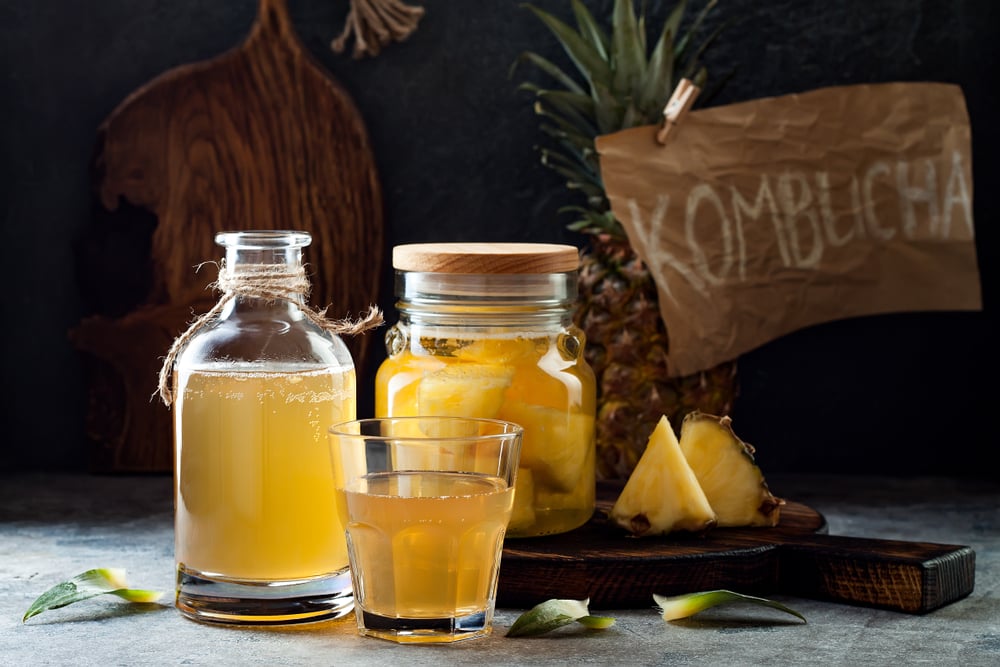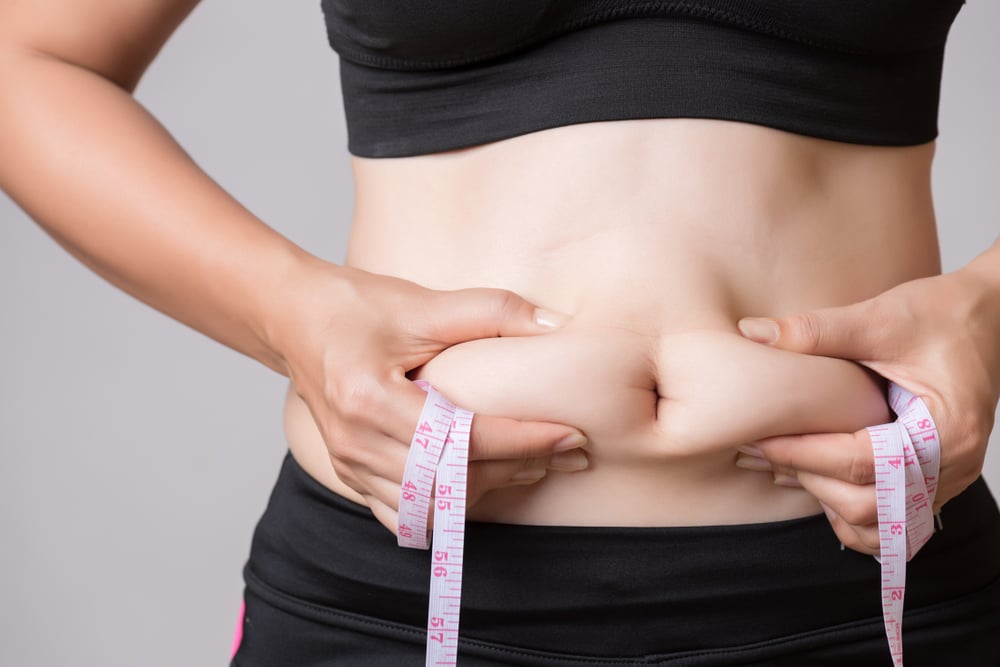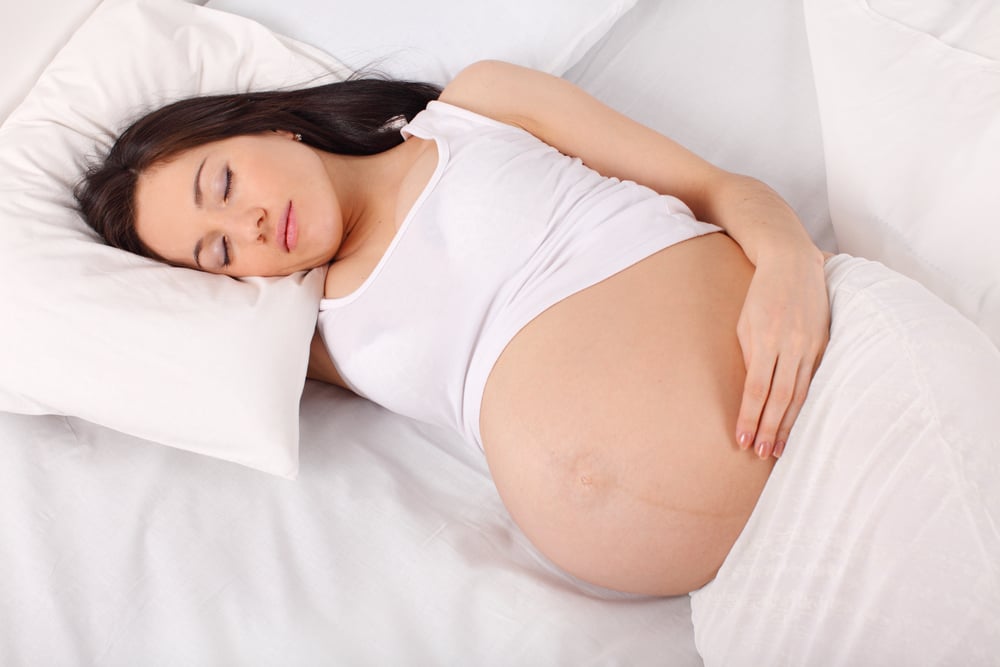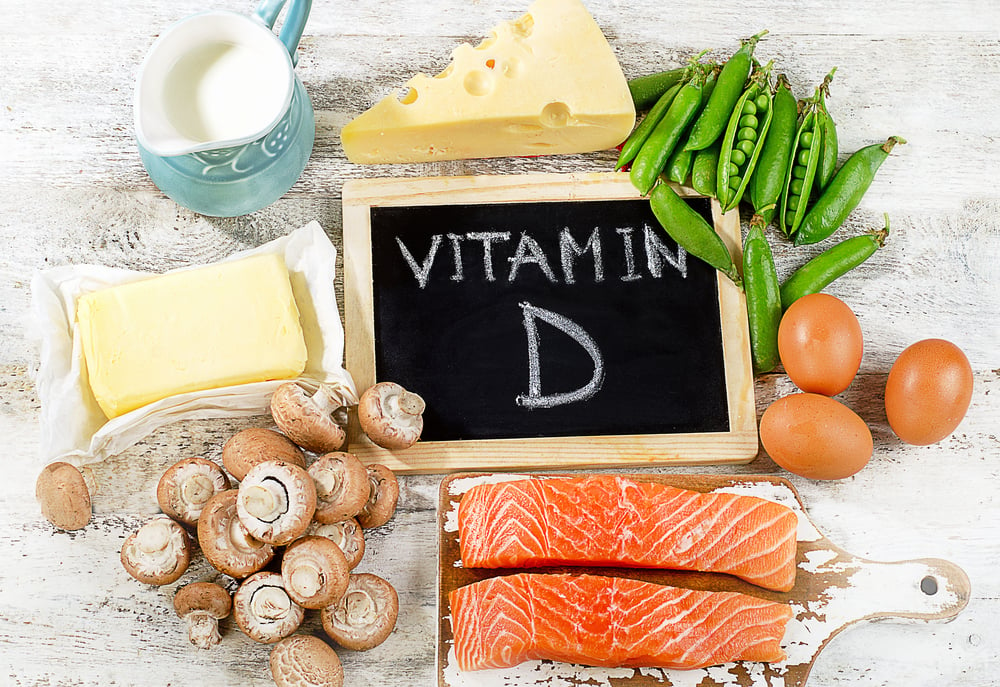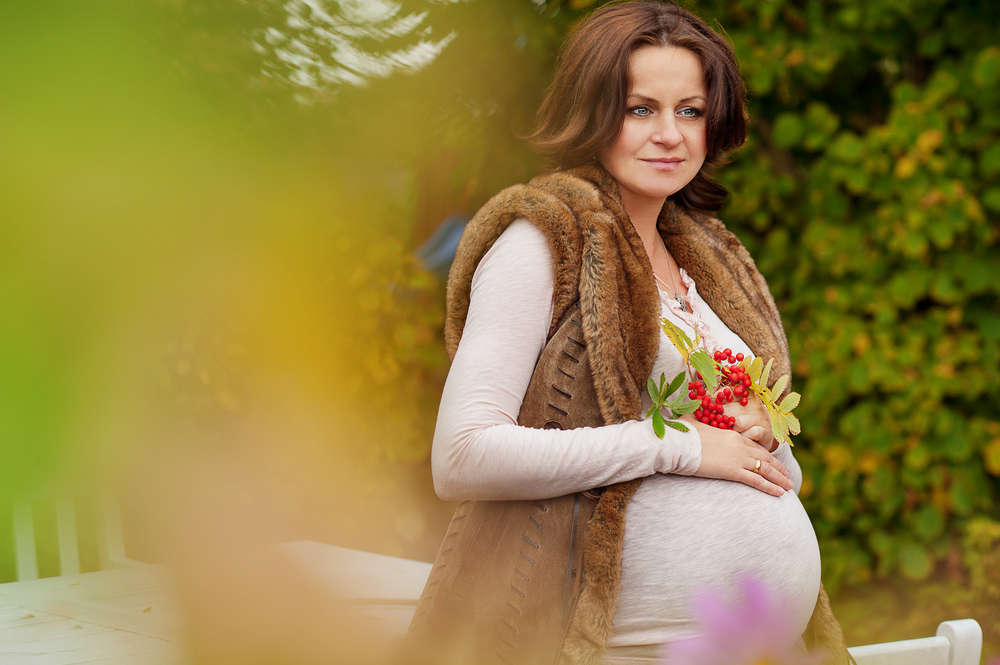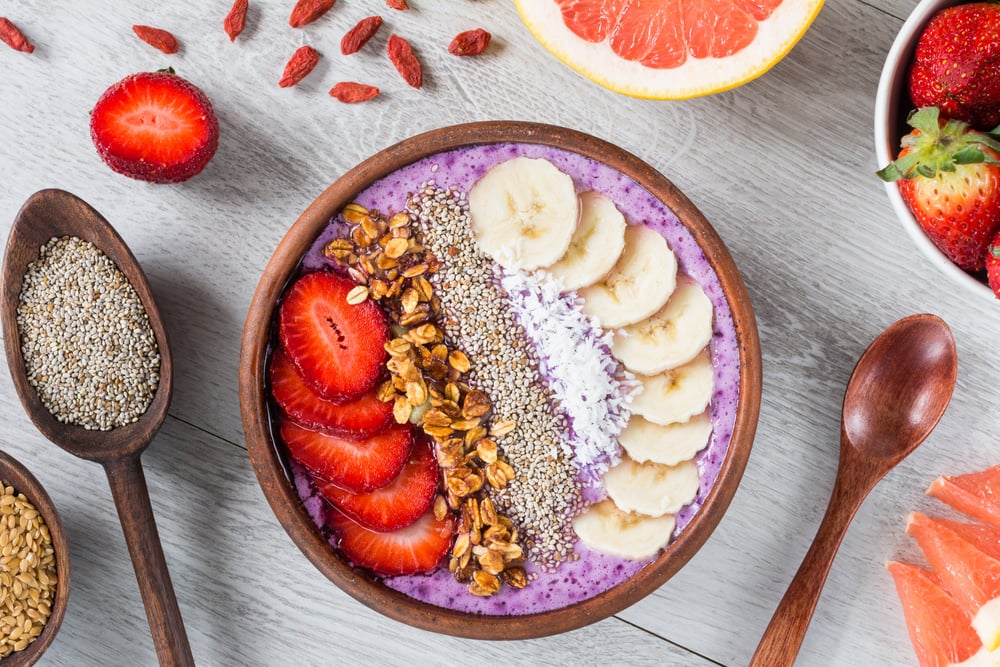Kombucha originated in China and has been around for thousands of years. This beverage has several health benefits and has become popular again in the last few decades. You’ll get the same benefits from kombucha as you would from green or black tea, in addition to probiotics that can aid in the digestive process. However, it may not be safe for pregnant and breastfeeding women to consume kombucha. If you’re expecting or are nursing your baby, here are some things you should know about kombucha and the potential danger of consuming this beverage.
What is Kombucha?
Kombucha is a fermented tea drink, usually made from black or green tea. In most cases, a double-fermenting process is used to make kombucha. A SCOBY, which is a circular culture of yeast and bacteria, is placed in the tea and left there to ferment for a few weeks. The kombucha is then transferred to bottles and continues fermenting for around two weeks to develop carbonation and add a slight sweetness to the beverage. After the second round of fermentation, kombucha should be refrigerated to preserve the carbonation. Kombucha is available at most health food and grocery stores. You can also make your own, but you’ll have to monitor the process closely. Consuming kombucha supplies your body with healthy probiotics that make it easier to digest your food. Some people also drink kombucha to reduce inflammation and lose weight.
Should you drink Kombucha while pregnant or nursing?
Even though drinking kombucha can improve your health, there are a few things to consider if you want to consume it while you’re pregnant or breastfeeding. Since kombucha is fermented, it contains trace amounts of alcohol. Although kombucha is sold as an alcohol-free drink, it may contain up to 0.05% alcohol but can not contain more than this amount according to Alcohol and Tobacco Tax and Trade Bureau statutes. The amount of alcohol in kombucha is about the same as the amount in most non-alcoholic beers. Kombucha that is created at home can have up to 3% alcohol.
Federal agencies continue to assert that it is best for pregnant women to avoid all types of alcohol during all three trimesters. Nursing mothers who consume kombucha can pass trace amounts of alcohol to their infants, which may cause the baby to develop health issues.
Kombucha is unpasteurized
Pasteurization is the process of heating beverages to remove bacteria and impurities. Pure kombucha is not pasteurized, which is another reason why pregnant and nursing women may want to avoid this beverage. In addition, women who are expecting or breastfeeding should avoid consuming other unpasteurized foods like some forms of milk and cheeses until after they are no longer nursing their babies. Eating or drinking unpasteurized food and beverages can lead to the development of listeria, which can affect the health of the mother and increase the chances of stillbirth and birth defects.
Kombucha contains caffeine
Kombucha is made from green or black tea, which means the beverage is caffeinated. When pregnant women drink caffeine, this stimulate can make its way into the baby’s bloodstream. Babies are also exposed to caffeine if their mothers drink caffeinated beverages while breastfeeding. When babies are exposed to caffeine, it could disrupt their sleeping patterns and cause them to be more irritable. Doctors recommend that pregnant and nursing women should consume no more than 200 mg of caffeine per day.
These are a few of the reasons why you may want to abstain from kombucha until you deliver your baby and are no longer nursing. While this beverage can be good for you, avoiding kombucha for a while could be the safer choice for you and your baby.

